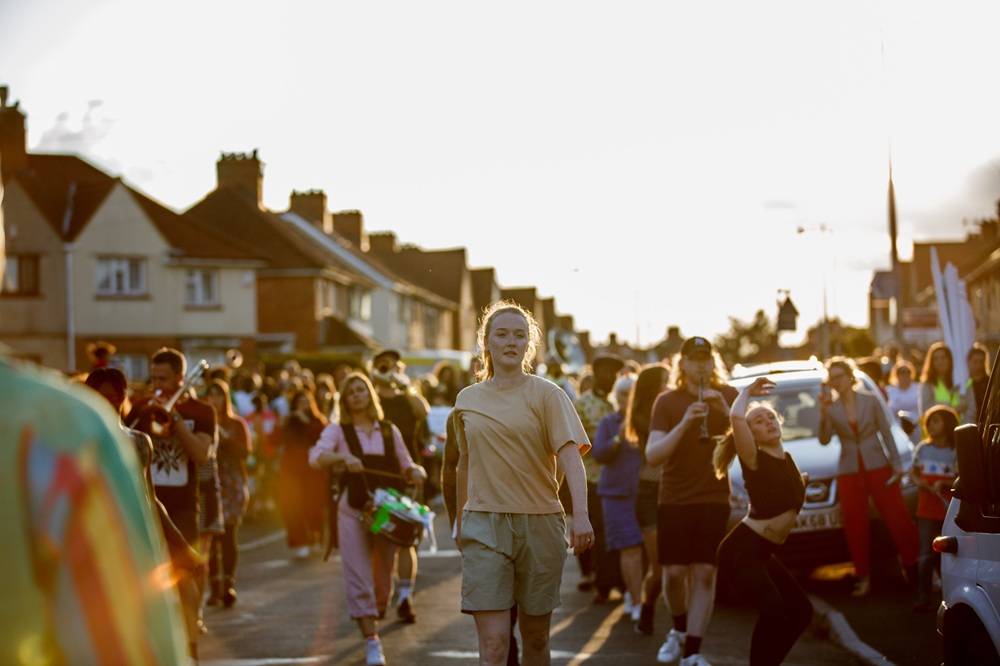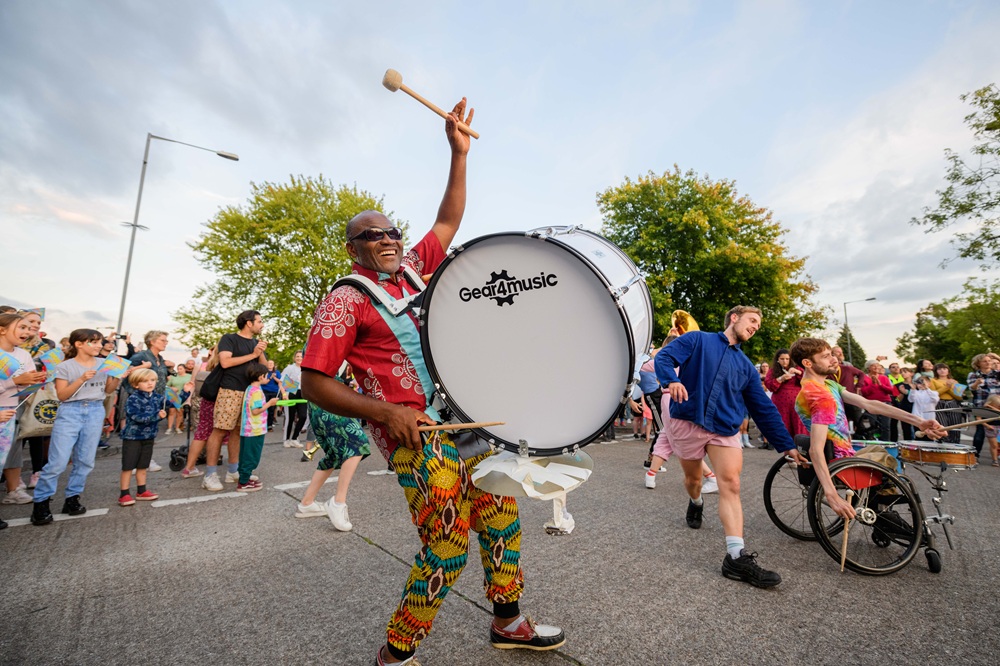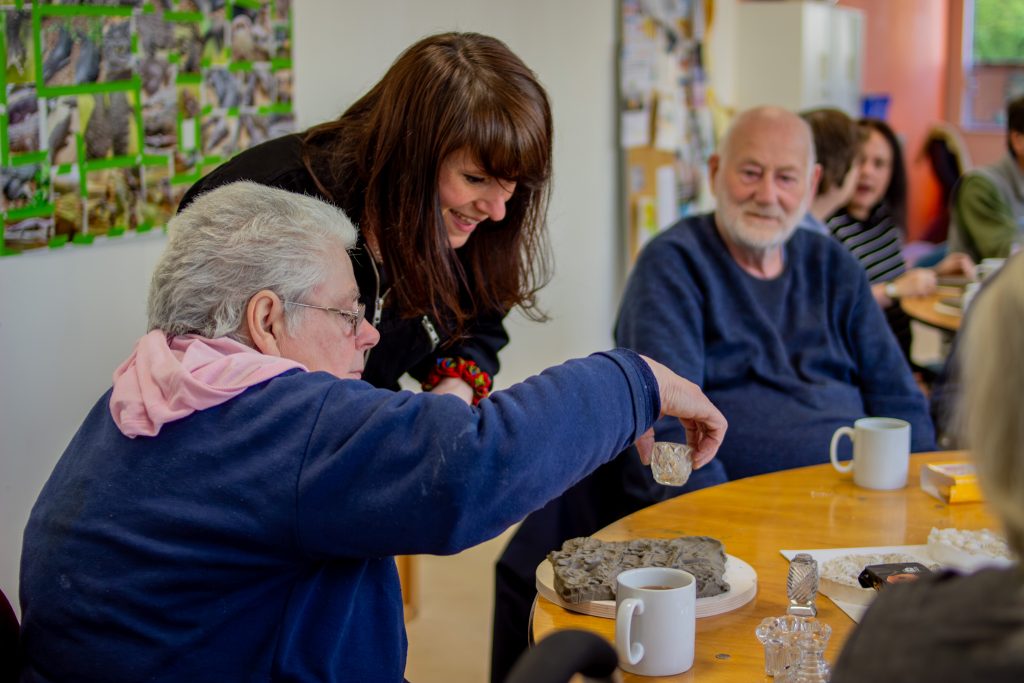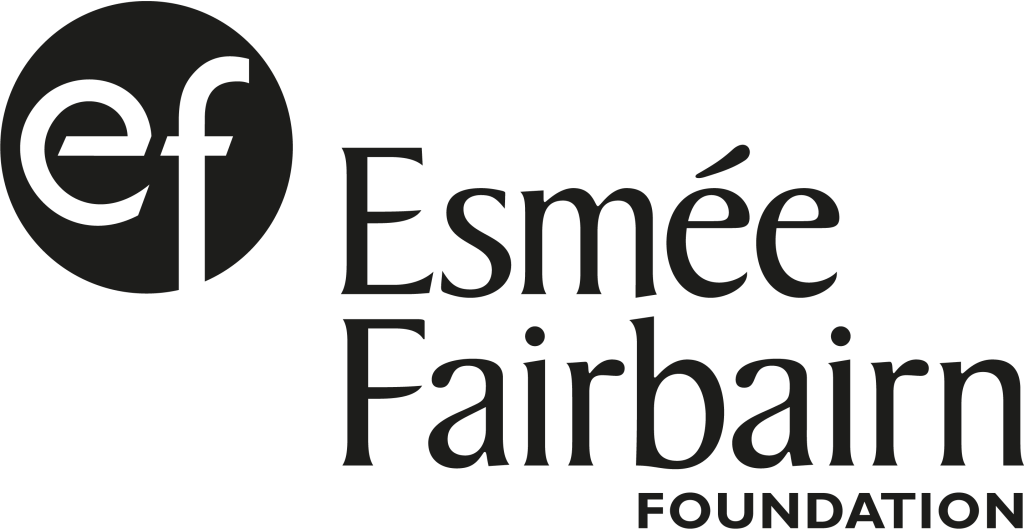Monday 10 November
On Sunday 9 November, the West of England Citizens’ Assembly met in person for its final session.
Over the past two months, 52 citizens from across Bath and North East Somerset, Bristol, North Somerset and South Gloucestershire have been meeting to answer the question:
What would culture and creativity look like in the West of England if they were for everyone?
This final meeting brought together all the ideas, discussions and evidence from previous sessions. Citizens arrived on Sunday having voted for their area and region-wide priorities developed in October and set about turning these into practical actions for a new region-wide Cultural Delivery Plan.
The day opened with a welcome and a chance for members of the Assembly to explore a gallery of materials from previous sessions, including citizens’ own notes, extracts from presentations as well as “snapshot” evidence.
The morning focused on an exploration of power. There were discussions about how change happens and who holds the power to make it happen. Citizens returned to the idea of different “Actors” or stakeholders who have different roles and relationships in the creative and cultural sector, including councils, funders, cultural organisations, communities, and creative practitioners. There were a wide range of discussions about who has power, where influence sits and how it might be shared more fairly.
The Assembly observed a two-minute silence at 11am as part of Remembrance Day.
Assembly members then reviewed insights gathered in earlier sessions before working in small groups to draft short, medium and long-term actions under their selected priorities. These covered themes such as Wellbeing, Placemaking, Skills, and Economy, building on the previous eight days of discussion about how culture can support fairer opportunities and grow stronger communities.
In the afternoon, citizens refined their ideas through a process of review and feedback, ensuring that every action was realistic and responded to the Assembly question. The day closed with all groups sharing their final action plans, followed by warm applause and thanks for the collective effort that had brought the Assembly to an exciting conclusion.
One of the next steps will be for a Citizen Oversight Panel to be established from the Citizens’ Assembly to oversee the implementation of the Assembly’s action plan and ensure the principles of citizen-led decision-making continue beyond the Assembly.
Over the coming weeks, the Assembly organisers will be in touch with all the individuals and organisations who have signed up to support the Citizens’ Assembly and its next steps with the outcomes of the Assembly to be shared at an event on Thursday 11 December, in which citizens from the Assembly will share their ideas with the Mayor and the wider cultural sector.
If you are someone who works in or around the cultural sector, there is still time to get involved and support the Citizens’ Assembly and the Cultural Delivery Plan created by citizens — to find out more or register your interest, please email david@citizensinpower.com











